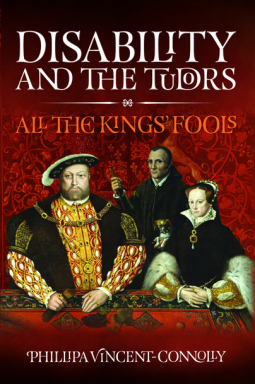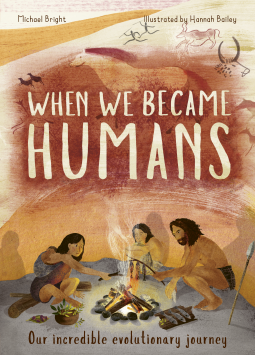Nomads: The Wanderers Who Shaped Our World, written and narrated by Anthony Sattin, is an adult nonfiction book. It explores the transformative and often bloody relationship between settled and mobile societies. The story of the shifting, umbilical connections between these two very different ways of living presents a radical new view of human civilization. From the Neolithic revolution to the twenty-first century via some of the lesser-known Eurasian steppe cultures, the great nomad empires of the Persians, Arabs, Mongols, and Mughals, as well as the mobile native North American peoples, nomads have been a perpetual counterbalance to the power of the settled and their cities. Exploring evolutionary biology and the psychology of restlessness that makes us human, Anthony Sattin's sweeping history charts the power of nomadism from before the Bible to its decline in the present day. Connecting us to mythology and the records of antiquity, Nomads explains why we leave home, and why we like to return again. This is the groundbreaking history of civilization as told through its outsiders.
Nomads is a fascinating read (or listen) and I think the author's enthusiasm for the subject is clear in print or audiobook format. I have always been firm in the belief that history is written by the colonizers rather that giving us a full view of our past, and Sattin explores one aspect of our missing history. I like that he included the way people have looked and and interpreted tales that started as oral tradition, and how the views of mobile versus settled people has evolved and changed just as much as people themselves have. I did feel like certain groups of nomadic people were not included in the book as more than a quick mention, and I have to admit that there were several moments that I completely lost track of where the book was in the timeline and thought we were covering certain periods of time more than once- but I was also listening while driving so very well could have missed something here or there. However, I did feel like I learned a great deal on the subject, and Sattin's interest in the subject mater and his adventures was a bit contagious and I became more and more interested in the topic as I listened to the book.







